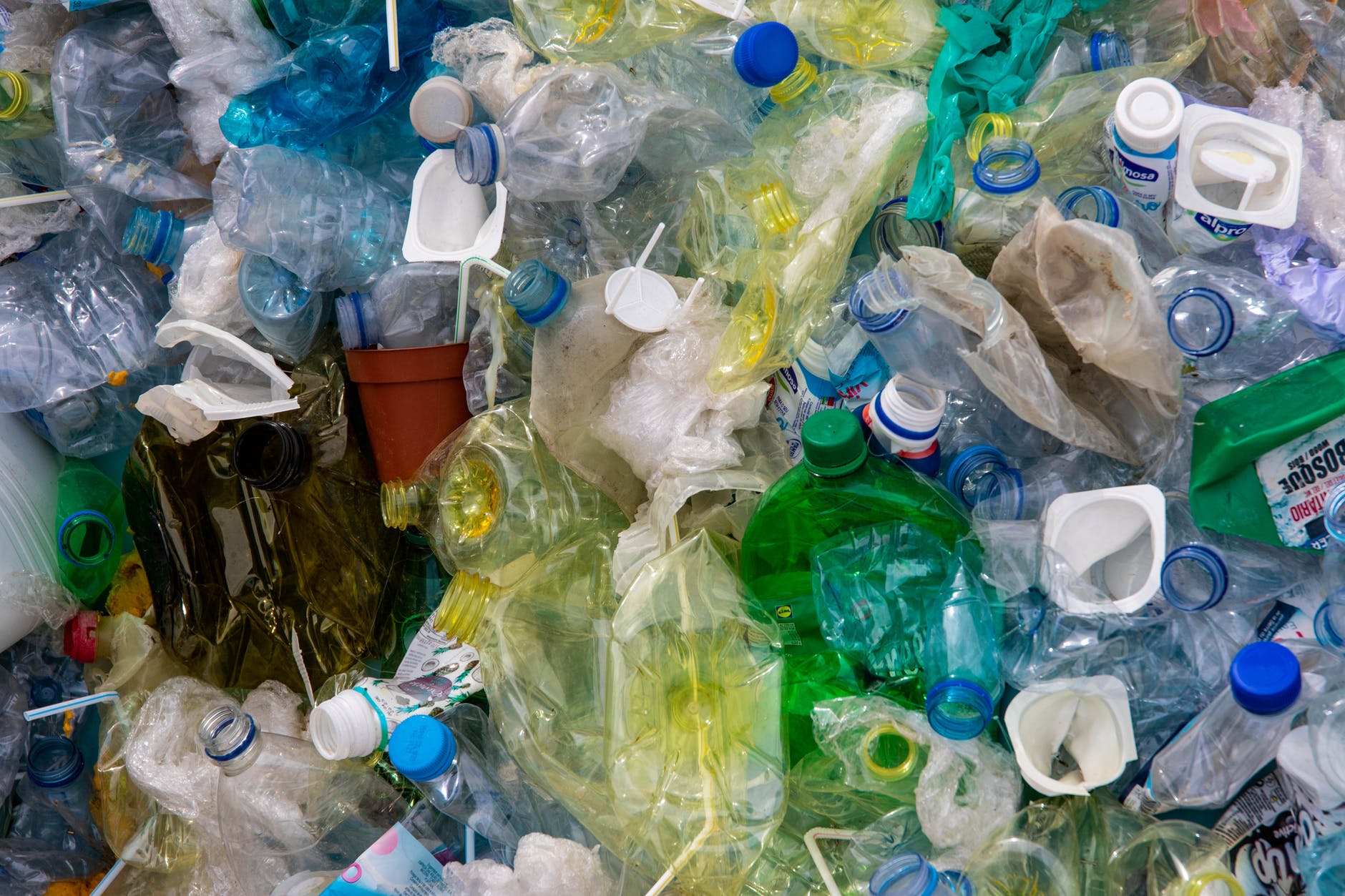NHS bosses have pledged to make the organisation a major player in the national bid to cut down on plastic waste.
It is aiming to cut up to 100 million plastic straws, cups and cutlery from its hospitals, which it says will make them healthier for patients and staff and better for the environment. Big companies which supply hospital canteens and shops are also backing the call by NHS chief executive Simon Stevens to dramatically cut the amount of single-use plastics in hospitals.
 Retailers operating in hospitals – including Marks & Spencer, WH Smith, Boots and Greggs – have committed to cut the use of avoidable plastics, starting with straws and stirrers from April and with cutlery, plates and cups phased out over the following 12 months. The nationwide efforts will ramp up existing and successful individual schemes in particular hospitals, including increased use of glass cups instead of plastic and installing water fountains. They have so far cut plastic use by hundreds of tonnes and freed up thousands of pounds to reinvest in local services.
Retailers operating in hospitals – including Marks & Spencer, WH Smith, Boots and Greggs – have committed to cut the use of avoidable plastics, starting with straws and stirrers from April and with cutlery, plates and cups phased out over the following 12 months. The nationwide efforts will ramp up existing and successful individual schemes in particular hospitals, including increased use of glass cups instead of plastic and installing water fountains. They have so far cut plastic use by hundreds of tonnes and freed up thousands of pounds to reinvest in local services.
Mr Stevens has urged hospital trusts with in-house catering to step up and sign a pledge supporting new moves to slash the amount of plastic waste in the NHS. Last year alone the NHS bought at least 163 million plastic cups, 16 million pieces of plastic cutlery, 15 million straws and two million plastic stirrers. If it cut its use of catering plastic in half, it could mean 100 million fewer items each year ending up in landfill or polluting the oceans.
“It’s right that the NHS and our suppliers should join the national campaign to turn the tide on plastic waste,” said Mr Stevens. “Doing so will be good for our environment, for patients and for taxpayers who fund our NHS. We’re pleased that as a first step, major retailers operating in hospitals have committed to cut their plastics, starting with straws and stirrers, cutlery, plates and cups.”
The NHS has written to providers urging them to back the campaign, sign the pledge and curb plastic waste. Many parts of the NHS are already tackling the unnecessary use of disposable plastic items, with notable examples including:
- Yorkshire Ambulance Services NHS Trust is saving around four tonnes of plastic waste a year after a campaign to remove plastic waste from the staff canteen. The Trust replaced plastic milk bottles with glass, plastic cutlery with recyclable wood and plastic drinks bottles with recyclable cans and introduced a water refill point.
- Sheffield Teaching Hospitals NHS Foundation Trust removed more than half-a-million single-use plastic items from its canteens, including 227,000 pieces of cutlery and 231,180 cups.
- The Newcastle-upon-Tyne Hospitals NHS Foundation Trust is saving £80,000 and has removed every year almost two million single-use plastic items, including cutlery and bowls.
Ruth May, chief nursing officer at NHS England and NHS Improvement, said: “Across the NHS, nurses, midwives and other frontline staff are providing great leadership on environmental issues and championing sustainability where they work. Support from local NHS organisations to sign the pledge and cut use of catering plastics will need all NHS staff to take action in their own areas and encourage their employers to go further faster.”
Helen Bird, of sustainability charity WRAP (Waste and Resources Action Programme), welcomed the NHS pledge, saying: “It’s positive to see the NHS taking action to turn the tide on plastic waste, removing plastic items where they don’t make sense for the environment and looking for alternatives to materials which are not recyclable. It sends a strong message to the public and suppliers to the NHS; our throwaway culture will become a thing of the past.”
